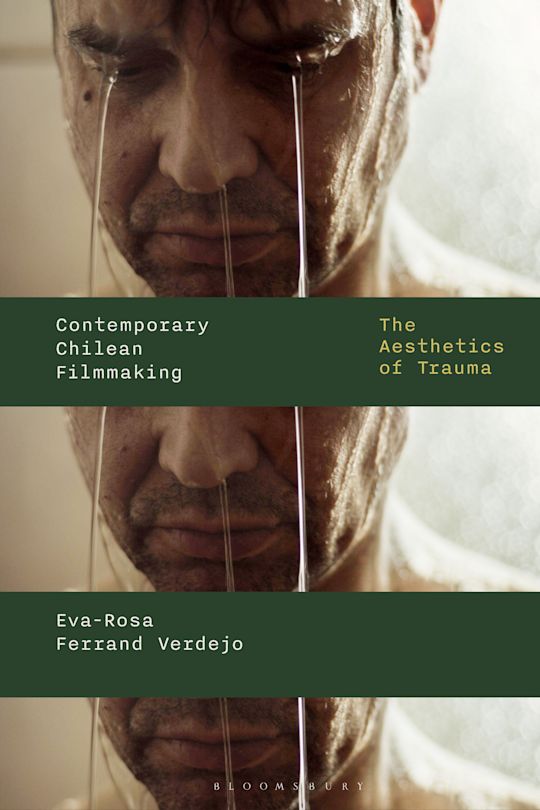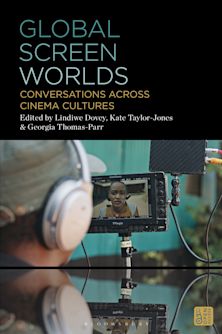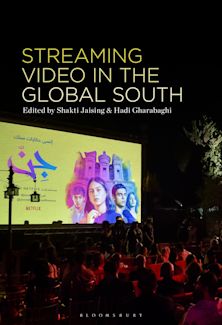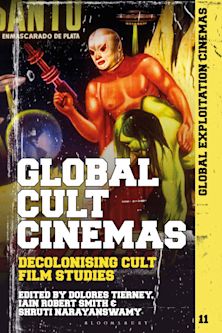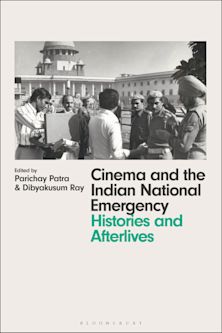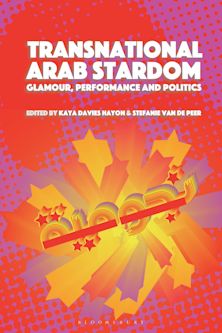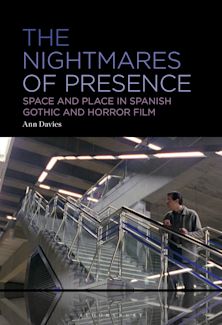Contemporary Chilean Filmmaking
The Aesthetics of Trauma
Contemporary Chilean Filmmaking
The Aesthetics of Trauma
- Delivery and returns info
-
Free US delivery on orders $35 or over
Description
This book explores how the generation of filmmakers born in the aftermath of the Chilean dictatorship (1973-1990) use cinema to navigate and narrate the complex legacies of their country's turbulent past.
Eva-Rosa Ferrand Verdejo examines the work of the Novísimo Cine Chileno, providing close readings of key films such as Fernando Guzzoni's Carne de Perro (2013),Cristóbal León and Joaquín Cociña's La Casa Lobo (2018), Manuela Martelli's 1976 (2022), and Pablo Larraín's El Conde (2023). She identifies a recurring trope of blurred boundaries within these films – whether between right and wrong, past and present, fiction and reality, or a blending of genre conventions, – which disorients the viewer and resists any singular understanding of the film. She argues that this disorientation pushes the audience into a more active and critical mode of spectatorship.
Drawing on psychoanalytical theory and political philosophy, she goes on to explore how the aesthetic choices within these films are reflective of an uneasy relationship to Chile's traumatic past. Labelling these the 'aesthetics of trauma', she argues that they challenge official histories and raise broader questions about memory, trauma, and ethical representation in post-dictatorial societies.
Table of Contents
1. A crisis of meaning
2. “Unrepresentable” trauma
3. Sensory images
4. Social isolation
5. Escaping in fantasy
6. The protests of 2019: a turning point?
Bibliography
Index
Product details

| Published | Dec 11 2025 |
|---|---|
| Format | Hardback |
| Edition | 1st |
| Extent | 216 |
| ISBN | 9781350528024 |
| Imprint | Bloomsbury Academic |
| Illustrations | 30 bw illus |
| Dimensions | 9 x 6 inches |
| Series | World Cinema |
| Publisher | Bloomsbury Publishing |

ONLINE RESOURCES
Bloomsbury Collections
This book is available on Bloomsbury Collections where your library has access.









